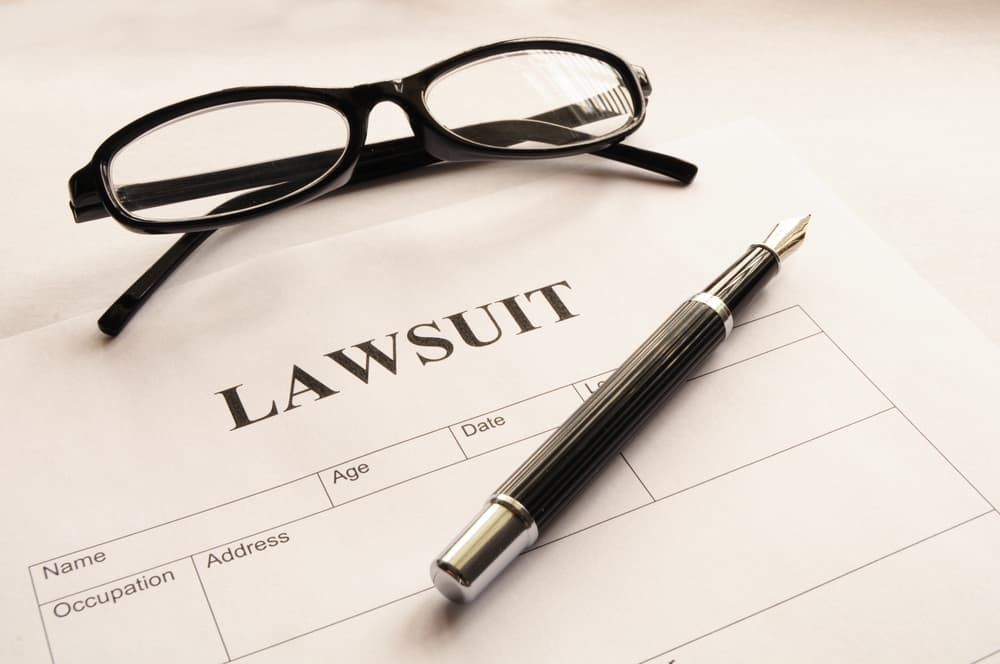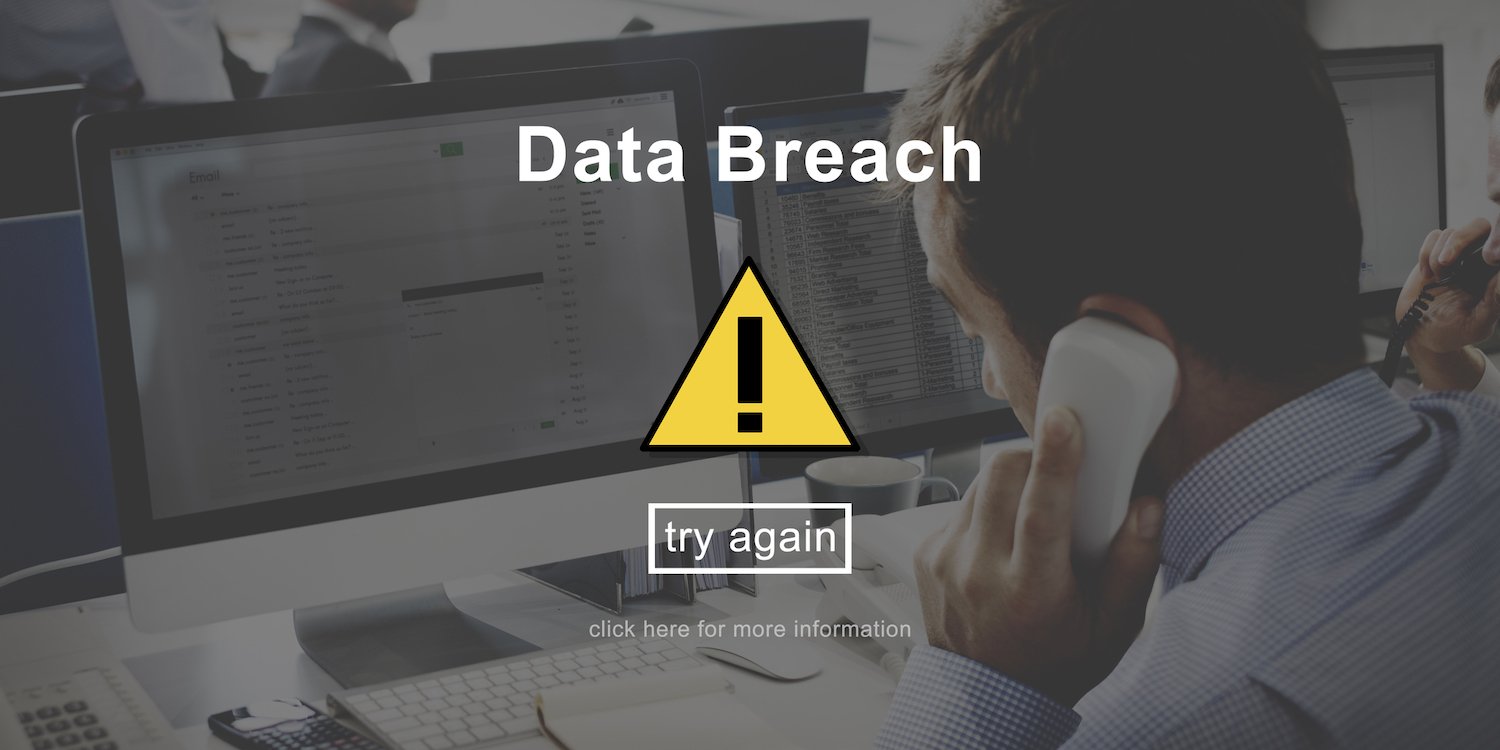What steps can owners take in today’s litigious business environment to protect against lawsuits? The answer, like the question, is a complex one. Entrepreneurs need more than a good lawyer and a basic slip and fall liability insurance policy. It’s essential to look at the big picture when deciding how to protect yourself and your business interests legally.
In addition to industry regulations, if you operate a company, you must follow local, state, and national laws, adhere to ethical standards, meet contractual obligations with clients, and deal fairly with employees. That means legal protection that consists of meticulous accounting records, fleet management systems for companies in the transport industry, email logs that store all communications for at least three years, various kinds of insurance coverage, and more. Here are the primary ways businesses of all sizes protect themselves against adverse legal action.
Accounting Records
You need to have a business record-keeping system that works and keeps accurate accounting records. In many cases, having precise, truthful financial books will prevent a lot of headaches and hassles should you ever find yourself in a courtroom. If a vendor or customer sues you, the critical evidence of your innocence is often a day-by-day record of every dollar spent. Whether your potential legal problems are tax-related or otherwise, comprehensive accounting records will go a long way toward keeping you out of harm’s way. Consult with a CPA (certified public accountant) to ensure that your books are in order and meet industry and government formatting requirements.
Fleet Management Systems
For transport businesses, hours-of-service violations can be costly. Too many of them can hurt you financially, even posing the prospect of shutdown in extreme cases. In addition, the transportation industry is one of the most heavily regulated sectors in the entire national economy. Owners who let drivers spend too much time on the road expose themselves to significant legal action. Fleet management systems that include ELD (electronic logging device) software are the most efficient way to eliminate potential hours of service violations. Thousands of shipping and trucking companies rely on fleet management to deal not only with ELD issues but with dozens of other transport-related guidelines.
Email Logs
Be careful to retain all business-related email correspondence. In many industries, you’re legally obligated to do so. However, even if you don’t have to maintain mail logs, never delete business emails. Instead, store them on a remote and a local server to protect yourself if your records are subpoenaed in a lawsuit. Questions of industry compliance aside, your daily log of messages will often exonerate you when baseless claims are made in frivolous legal actions.
Insurance
Insurance does not prevent legal problems in many situations but only covers the financial cost of paying for lawyers’ bills, settlements, and compensation to former employees. Even so, most entrepreneurs and business owners view insurance policies as a solid form of protection against many adverse events. However, you can purchase specific policies that help minimize the monetary sting if you end up on the losing end of a product liability lawsuit or an accident claim. Likewise, consider keeping a trusted lawyer on retainer as a backstop in the event of adverse claims or lawsuits.










